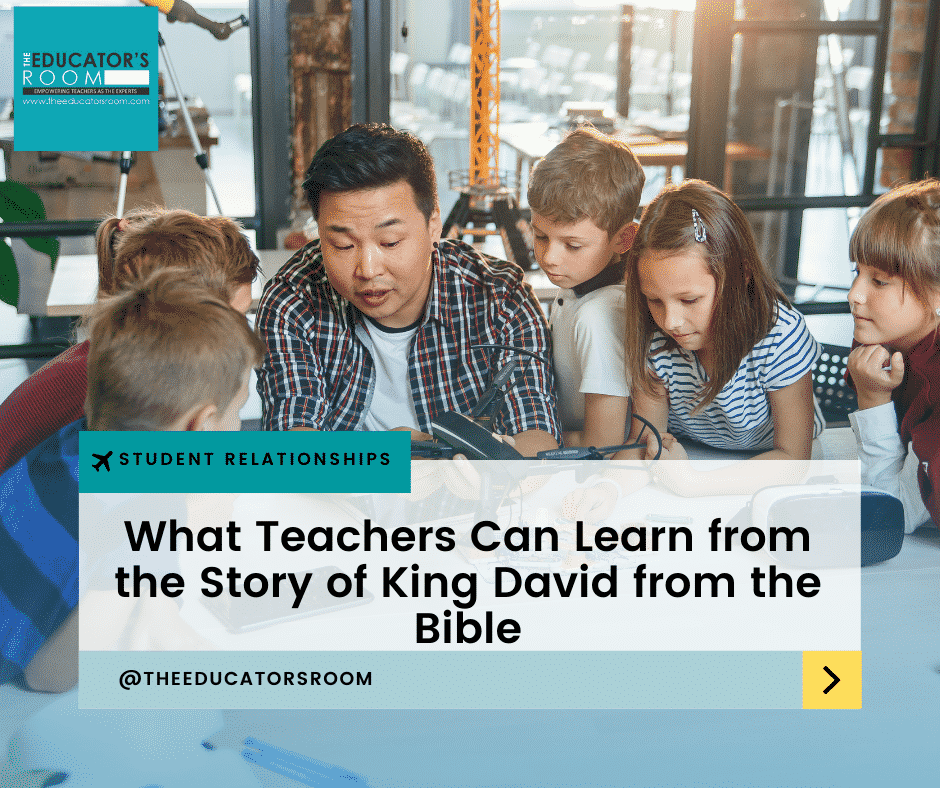He was sitting in the last seat in the back of the class, hood over his head, barely visible, hiding an emotionless face, slouched over, clearly worn clothing and shoes, with a tattered backpack, doodling in a sketchbook that ironically looked brand new. I remember thinking not only did he want to be left alone, but teachers might welcome a quiet student, reserved and “blended into the background.” In a class of over thirty freshmen, he could get “lost” in the seemingly never-ending sea of wild teenagers trying to find themselves in the crazy new world of high school.
In my early teaching days, I would often gravitate to these types of students: the “knucklehead,” the “loner,” the one everyone shied away from. It became my mission to somehow break through to them or make a gallant effort to make a connection. Joshua was my new mission. I could see how some teachers could mistake his quiet nature for shyness, and others might see his outward appearance as a sign of laziness or even think his doodling was a sign of boredom. However, my little experience with teenagers at that time let me know that there was so much more to him than met my eye.
He was my King David.
“David: Unlikely Hero…David was a shepherd boy, the youngest son of Jesse whose flocks David tended…Seven brothers were presented to Samuel, but each was rejected. ‘for the Lord does not see as mortals see; they look on the outward appearance, but the Lord looks on the heart’ “(1 Samuel 16:7 [NRSV])” (The Bible and Its Influence – Cullen Schippe, Chuck Stetson, 2005).
Students like Joshua reminded me so much of the story of King David in the Bible. Like David’s band of brothers, a classroom of teenagers had its typical characters. The overachieving “nerd” who knew every answer drove teachers crazy, trying to be the center of attention. The struggling student “acted out” to distract from their lack of academic abilities. And all of those “in-between” the two extremes who were just happy not to be called on in class either due to their lack of interest, or their willingness to do just enough to pass the class. Like David, Joshua did not fit any particular stereotype, but something special about him. He was the one who was often overlooked. He was the one who was often forgotten about. He was even the one some might feel sorry for. Joshua was my David, and to me, he stood out.
I decided to take my chance and see if I could start my journey to find out more about him.
“Whatcha drawing, Joshua?” I must have startled him because he erased a small mark in his drawing as if my voice had broken his concentration. Then, he cleared his throat as if he was waking up from the dream-like world his drawing took him to.
“Nothing,” he mumbled.
“Have you ever heard the story of King David in the Bible?”
His eyes never left his sketchbook as he stated in a barely audible but strangely confident voice, “Scrawny kid, a bunch of brothers, no one liked him, he got picked to be King, and wore a cool coat.”
He said the story so fast that I almost missed his brief but reasonably thorough synopsis of what he knew to be the story of King David. I was surprised at how quickly he sputtered off this Biblical allusion, all while continuing his drawing. I remember wondering how much other knowledge lay in this mysterious kid. I tried another angle.
“You remind me of David.” His pencil stopped, and he slowly began to look up at me.
I jumped at the brief moment of attention I had captured and continued.
“David was perfectly happy working in the fields, tending sheep, before he was chosen to be King above all of his brothers that many people, including his father, thought were more qualified.” He looked at me with that look that said, “tell me something I don’t know,” look many teenagers gave me when I was boring them. I dug deeper.
“What people forget about David was that he was so much more than a King. He was a Psalmist, an “artist” of songs, one might say. An artist kind of like you, Joseph.” He moved his hood slowly back to give me a clearer look into intense brown eyes.
“How do you know I’m not just doodling?” His question sounded like a courtroom inquiry with its accusatory tone.
“Is that what all teachers assume you are doing?” His look turned from a subtle but serious inquiry to a sarcastic “duh”.
“Well, why don’t you show me what you are drawing.” He looked around the room and seemed just now to notice no one was paying any attention to us at all. I had made sure the other students in the room were working diligently on an independent assignment before I even tried to go over and begin my effort to talk to him. He slowly but purposefully turned his sketchbook ever so slightly so that I had to lean over to get a good look. There, I saw the most intricate sketch of a rose I had ever laid eyes on. Of course, I thought. We discussed the poem “The Rose that Grew from Concrete” by Tupac Amaru Shakur in class. He was paying attention to my lessons in his way. It took several more instances like this throughout that year, but I was able to guide Joseph on a journey to begin to talk and then write about his drawings. They became his way of expressing what he got out of many of the lessons I was teaching. Joseph became one of the best writers I have ever taught. His way of first visualizing the messages he heard in poems, excerpts from essays, and scenes in plays, and then channeling those drawings into full-blown critically analytical essays was a skill I have yet to see from another student again.
Being purposeful in finding something unique about the students others might overlook was a lesson I learned early on. I had noticed the epitome of King David in Joseph. I took a chance on an “unlikely one” and cultivated that brief moment to let him know that I saw him. Showing interest in a student’s “doodling” was the beginning of a rapport I slowly built that developed into an incredibly impactful student-teacher relationship. Sadly, I’ve lost track of Joseph over the years, but the lessons I learned from our journey have helped shape the relationships I strive to build with all of my students.
Wherever you are, Joseph, thank you for being my King David.





